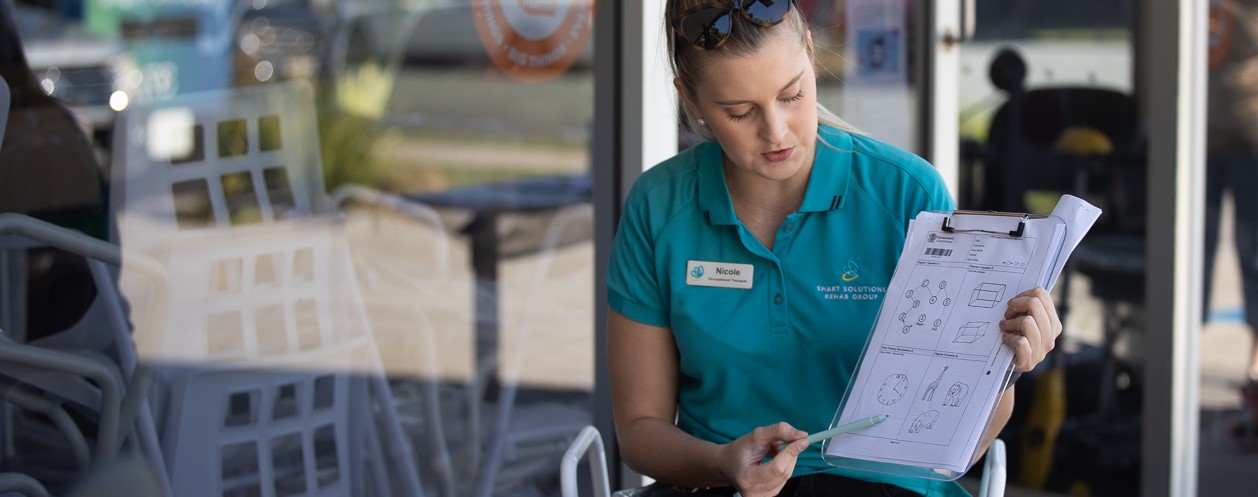Blog
Category: Occupational Therapy
-

NDIS capacity building for inclusion, participation and independence
Read More: NDIS capacity building for inclusion, participation and independenceThis week (Monday 25th October to Sunday 31st October) is OT Week 2021, and this year’s theme is participation, inclusion,…
-

Parkinson’s: Causes, symptoms and management
Read More: Parkinson’s: Causes, symptoms and managementWhat is Parkinson’s? Parkinson’s is a progressive neurological condition that recent research suggests affects over 100,000 Australians. Parkinson’s presents through…
-

Back to basics: 5 things you should know about occupational therapy
Read More: Back to basics: 5 things you should know about occupational therapyYou may have heard people talk about occupational therapy (OT), or maybe someone has even recommended you see an occupational…
-

Assistive Technology, Independence and Inclusion
Read More: Assistive Technology, Independence and InclusionWhat is Assistive Technology? Assistive Technology (AT) can constitute an integral part of the support framework that helps people living…
-

Home Modifications Increase Independence and Improve Quality of Life
Read More: Home Modifications Increase Independence and Improve Quality of LifeA new perspective on caregiving The importance of home modifications for people living with a disability lies in the potential…
-

5 keeping active health tips
Read More: 5 keeping active health tips5 tips to keep active for good health QUESTION: What’s the common denominator amongst these typical activities that occur during…
-

SMART Rehab
Read More: SMART RehabDo you know the SMART approach to rehab? SMART goals is an evidence-based goal setting practice used by many health…
-

Diabetes Day
Read More: Diabetes DayWorld Diabetes Day – Occupational Therapy What is Diabetes? Diabetes is a chronic disease associated with abnormally high levels of…
-

Amputation
Read More: AmputationAmputation Awareness and Treatment Did you know: Someone will undergo an amputation every 30 minutes in Australia. Losing a limb…
-

Fragile X Syndrome
Read More: Fragile X SyndromeInherited Conditions with Fragile X Gene Fragile X-associated Disorders are a term given to a range of inherited conditions that…
-

Spine injuries
Read More: Spine injuriesSpinal Cord Injury and Assistive Technology Living with a spinal cord injury (SCI) can have a significant impact on a…
-

Spine injuries
Read More: Spine injuriesSpinal cord injury A spinal cord injury (SCI) is caused from damage to the spinal cord which results in a…
-

Stroke Rehab
Read More: Stroke RehabUpper Limb Rehab After Strokes How can the upper limb be affected by a stroke? Everyone’s experience of stroke is…
-

Autism
Read More: AutismWhat is Autism? Autism, or Autism Spectrum Disorder (ASD) is a diagnosis that refers to a broad range of symptoms…




